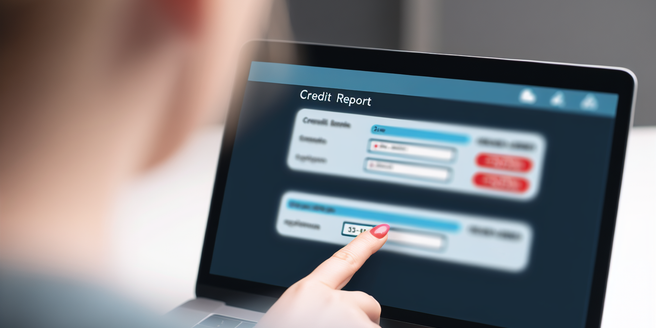Bad credit can be a massive hindrance when you’re trying to finance a new car or home, or even apply for a credit card. However, just because you have bad credit now, doesn’t mean it has to stay that way forever. Here are some ways to recover from bad credit.
1. Review Your Credit Reports
Before you can start repairing your credit, you first need to know what you’re dealing with. You can obtain a free report each year from each of the three main credit reporting companies, Experian, Equifax, and TransUnion.
2. Identify the Negatives
When you have your reports, identify the negative elements affecting your score. These could include late payments, collections, charge-offs, or public records like bankruptcy and tax liens. Knowing what you’re dealing with allows you to develop a focused plan as you attempt to repair your credit.
3. Pay Your Bills on Time
Sounds a little obvious, but paying your bills on time is a must. Late payments make a significant impact on your credit score. Moving forward, focus on timely bill payments to start changing your credit history positively.
4. Reduce Your Debt
High levels of debt and maxed-out credit cards will hurt your credit score. It’s a good idea to pay down your balances and to keep your credit utilization rate below 30%. This simply means you are only using 30% or less of the total credit available to you.
5. Establish a Good Credit History
If your credit report is sparse with no recent credit information, this can harm your score, almost as much as a bad credit history. Consider getting a secured credit card or asking a family member with good credit to add you as an authorized user on their credit card.
6. Seek Professional Help If Needed
If this process appears too daunting or you’re uncertain where to begin, don’t be afraid to seek help. Credit counseling services can provide guidance on how to handle debt and establish a budget. If your debt is overwhelming, consider contacting a reputable credit repair company.
Cleaning up bad credit requires time, patience, and consistency. Remember, it’s not a one-time fix but a continuous process that you’ll need to work at regularly. Committing to the process and using these tips can improve your credit score over time.


